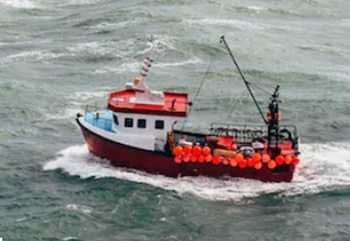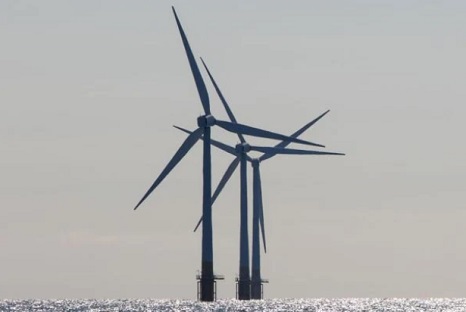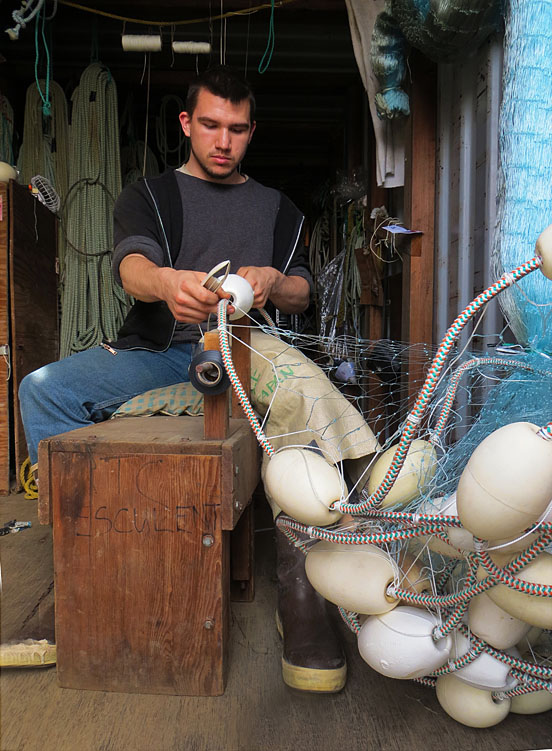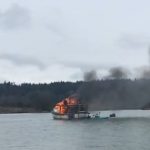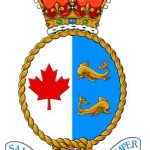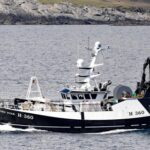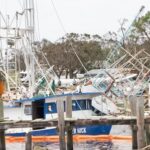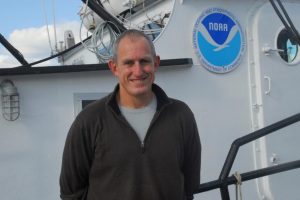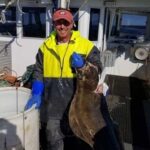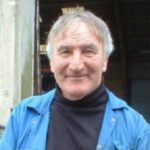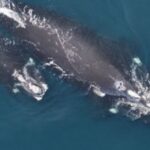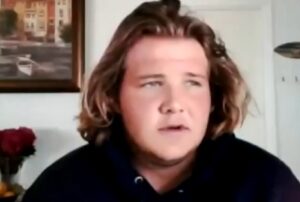Tag Archives: fishing
Bellingham’s shoreline history: A boom, bust of resource extraction
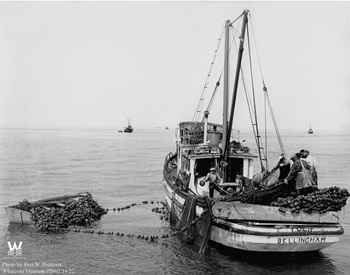 By 1890, the U.S. Census estimated approximately 18,500 people lived in Whatcom County. In the years that followed, additional lumber mills popped up. These included the Puget Sound Mill at the mouth of Padden Creek, the E.K. Wood Mill at Boulevard Park, and the Whatcom Falls Company (Loggie Mill) off Whatcom Creek. Pacific American Fisheries (PAF) first appeared in 1899 to process local salmon, eventually establishing the largest canning operation in the world. Both industries attracted large numbers of Asian immigrant workers, leading later to a significant shift in culture — along with significant racist worker backlash — in the region. The rich salmon runs also attracted canners and fishermen from Croatia, Finland and Ireland. Photos, >>click to read<< 09:20
By 1890, the U.S. Census estimated approximately 18,500 people lived in Whatcom County. In the years that followed, additional lumber mills popped up. These included the Puget Sound Mill at the mouth of Padden Creek, the E.K. Wood Mill at Boulevard Park, and the Whatcom Falls Company (Loggie Mill) off Whatcom Creek. Pacific American Fisheries (PAF) first appeared in 1899 to process local salmon, eventually establishing the largest canning operation in the world. Both industries attracted large numbers of Asian immigrant workers, leading later to a significant shift in culture — along with significant racist worker backlash — in the region. The rich salmon runs also attracted canners and fishermen from Croatia, Finland and Ireland. Photos, >>click to read<< 09:20
Scotland fishing: Inshore limit called for following HPMA debacle
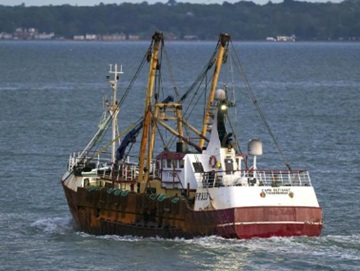 An open letter written by a commercial fisherman has called for restrictions to curb more damaging forms of fishing in inshore waters. Alistair Philp, National Coordinator of the Scottish Creel Fishermen’s Federation, writes: “Now that the threat of the poorly thought-out Highly Protected Marine Area (HPMA) proposals has passed, it is time to have a sensible debate about the alternative options.” The letter issued on behalf of the Our Seas coalition, which includes a wide range of coastal organisations, describes a need to “reverse the decades of mismanagement that has already hollowed out much of our inshore fishing industry.” It argues for the reinstatement of an inshore limit akin to or like the historic Inshore limit called for – designed to preserve fish nursery and spawning grounds – such as was in place until 1984. >>click to read<< 14:01
An open letter written by a commercial fisherman has called for restrictions to curb more damaging forms of fishing in inshore waters. Alistair Philp, National Coordinator of the Scottish Creel Fishermen’s Federation, writes: “Now that the threat of the poorly thought-out Highly Protected Marine Area (HPMA) proposals has passed, it is time to have a sensible debate about the alternative options.” The letter issued on behalf of the Our Seas coalition, which includes a wide range of coastal organisations, describes a need to “reverse the decades of mismanagement that has already hollowed out much of our inshore fishing industry.” It argues for the reinstatement of an inshore limit akin to or like the historic Inshore limit called for – designed to preserve fish nursery and spawning grounds – such as was in place until 1984. >>click to read<< 14:01
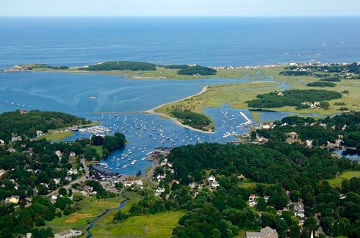
Cohassett Commercial Fishing Fleet: ‘The Cornerstone of Cohassett Harbor and the Cohassett Community’
Since the days of the Algonquin people living on the shores of Quonahassit, Cohasset Harbor has been the center of commerce, culture, and recreation for the entire community. Fishing and ship building were the primary industry in the 18th century when eight vessels moored in the harbor. In 1851, there were 44 vessels and 561 men and boys employed in the mackerel business. It was during this period that a new nation of people became introduced into this New England community. It was the Portuguese from the Azores, or Western Isles. >click to read< By Timothy Davis 17:51
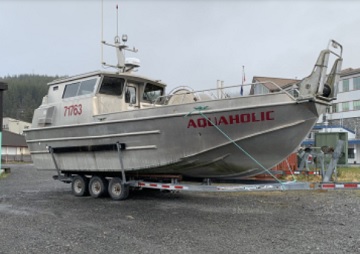
Cordova: Fishing is the Name of the Game
With the tempo picking up all over town, one can tell another fishing season is right around the corner. The streets and intersections are filled with vehicles, and what I call “summer” speed limits, as well as vanishing parking spaces, now seem to be the norm. Nautical writer William Snaith, in his essay “About Figaro” wrote much about the naming of sailing vessels, but his truisms apply to all craft. For example, consider the F/V Aquaholic, clearly hooked on the Copper River’s murky waters, anticipating reds and kings hitting the gear in that first set of the season. Or how about the F/V Net Profit? Clever. Then there is the F/V Slo Learner,,, >click to read< 08:25
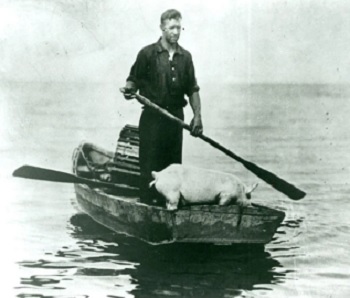
How lobster fishing began in southern Maine
“Until the twentieth century lobsters could be pulled out from under the rocks,” the preservation society said. “The smaller ones of two pounds or less were often thrown away. Men in a variety of boats, dories, peapods and recently the easily recognized lobster boats powered by motors, set traps along the ledges. Increasing numbers of pots have been attached on a line to a buoy on which each man’s colors can be identified. Most lobstermen spent the winter months making traps, painting buoys and knitting bait bags. Lobstering was usually done in the summer when lobsters moved into warmer waters.” photos, >click to read< 21:37
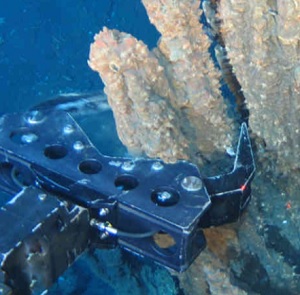
Seabed mining ban – a win for marine life, fishing and culture
The Northern Territory Government first declared a three-year temporary ban on seabed mining in March 2012 and has since extended it twice under both the Country Liberal Party (CLP) and Labor Governments. With the temporary ban due to expire in March, Territorians have made it clear that they want a permanent ban. It’s great to see today the Government listen and act on this important issue. “The Top End has some of the last healthy tropical coasts in the world. Seabed mining is like bulldozing the seafloor. It would decimate our marine life, pollute our waters, threaten our fishing and destroy places of cultural significance.” >click to read< 12:37
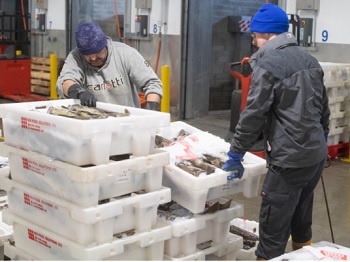
Jimmy Buchan warns no-deal Brexit ‘will hurt’ Scottish fishing industry
The warnings come just days after the final round of scheduled talks between London and Brussels broke off, with EU chief negotiator Michel Barnier accusing his opposite number, David Frost, of not showing “any true will” to reach a deal. Since the outset of negotiations the EU has demanded “status quo” access to UK waters, which would essentially mean a continuation of the common fisheries policy, something that has been categorically rejected by Boris Johnson. Jimmy Buchan, chief executive of the Scottish Seafood Association, told the Commons environment committee that, despite the differences, a deal must be done “no question”. >click to read< 16:57
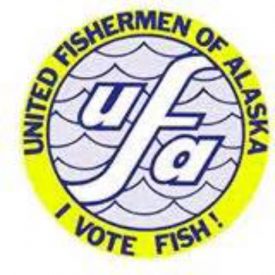
Coronavirus: Dear UFA Members and Friends, people arriving in Alaska are required to self-quarantine
As we all try to understand the magnitude of Covid-19, UFA is closely monitoring the evolving situation. We are actively engaged on the issue at the state and federal level and we will continue to provide you with information as soon as we get it. Last night, Governor Dunleavy issued a Health Mandate for the State of Alaska. All people arriving in Alaska, whether resident, worker or visitor, are required to self-quarantine for 14 days and monitor for illness. Arriving residents and workers in self-quarantine, should work from home, unless you support critical infrastructure (see Attachment A). (Food and agriculture, company cafeterias, cultivation, including farming, livestock, and fishing;) >click to read, links< 17:45
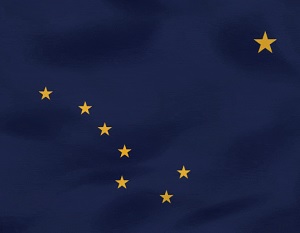
Oil, Fishing, Tourism: Alaska Economy Faces Triple Hit from Coronavirus
The U.S. state of Alaska is so far distant from the worst medical ravages of the coronavirus pandemic, but its economy is in critical condition. Alaska is especially vulnerable because it depends on oil, tourism and fisheries – basic industries that are reeling from the global coronavirus pandemic – and the state government gets most of its revenue from investment earnings that have now evaporated. “Alaska is experiencing a perfect storm, a most terrible trifecta, the hat trick from hell,” said state Senator Natasha von Imhof, co-chair of the Senate Finance Committee, at a hearing Saturday. “We are being hit on all sides with the stock market crash, oil prices plummeting and the tourism and fishing season all but idle.” >click to read< 09:04
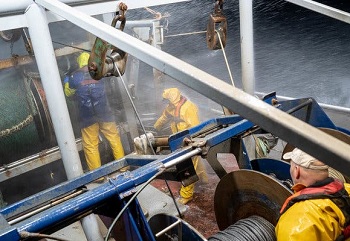
Fishing Presents a Vexing Snag in Brexit Talks
In the pitch black of early morning, huge waves hurled the 30-ton vessel from side to side, drenching crewmen who struggled to keep their footing as they cast the trawler’s nets into the swirling seas. But, once back on the bridge, the skipper, Dave Driver was oblivious to the stomach-churning motion of the boat, and dismissive of the perils of his work — even as he recalled once falling overboard and, on another occasion, rescuing two fishermen from drowning. “I’m my own boss, I do what I want, I think it’s the best job in the world,” said Mr. Driver, who left school at age 15, but now owns the 1.2 million pound trawler Girl Debra, named after his wife. He has only one major gripe in life: the French. photo’s, more, >click to read< 14:51
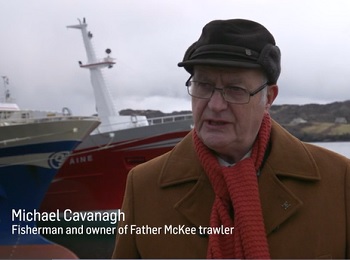
Fishing: Why it is the first flashpoint issue in EU-UK trade talks
The Father McKee is the Greencastle man’s 65m trawler and is out with his sons in the north Bay of Biscay off France fishing for boarfish, a small fish used to make meal for feeding salmon. Cavanagh does not fish anymore – “too many birthdays”, says the 70-year-old. The UK’s decision to exit the European Union and the potential closing of soon-to-be British waters, on top of existing restrictions, has made life stormier onshore for Irish fishermen like Cavanagh. “We have more challenges ashore than when we are at sea,” says Cavanagh, buffeted by blustery Donegal weather on the quayside. Video, >click to read< 10:20
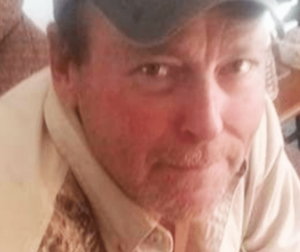
Sam “Sammy” Lee Liverman, Jr. of Colington, October 28
Sam “Sammy” L. Liverman, Jr. has gone to be with the Lord. He transitioned peacefully from his earthly life in Greenville, NC Monday October 28, 2019. Sammy was born April 18, 1968- the son of Sam and Virginia Liverman, of Colington, NC. Sammy was a proud waterman- fishing, crabbing, and shrimping out of Colington nearly his whole life. In addition to commercial fishing, Sammy was employed with NC DOT for several years as a professional equipment operator.,, Sammy will be remembered by all who knew and loved him. >click to read< 15:32
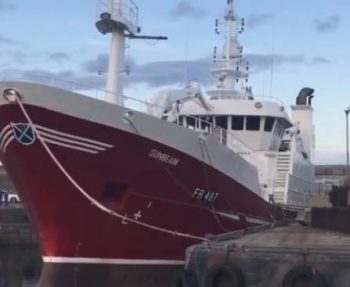
Fishing which cost five Scottish lives in a year is ‘most dangerous’ UK job
Commercial fishing has become Britain’s most dangerous occupation with six fishermen dying in the space of just one year. New accident investigation data shows that five of the six deaths occurred in Scottish waters.,,, The revelation comes two weeks after campaigners raised concerns that the number of workplace deaths had rocketed by over 70% in 2018 in Scotland, fueled by a rise in deaths in agriculture, forestry and fishing. >click to read< 18:39
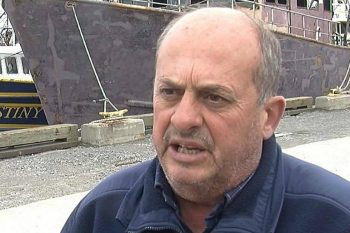
What About Carlos Rafael, His Permits and His Boats? [OPINION]
There has been little public talk about “The Codfather” and his fishing empire since he was sentenced to federal prison for crimes related to fishing. In September of 2017, Judge William Young sentenced Carlos “The Codfather” Rafael to 46 months in federal prison. Additionally, Judge Young fined him $200,000 and three years supervised probation after his release from prison.,,, hearing rumors that two big players have emerged as the buyers of the boats and the all-important federal permits. One buyer wants the groundfish operation and one wants the scallop operation. There is concern locally that “Wall Street money” is coming in to buy up the local operations. >click to read<08:21
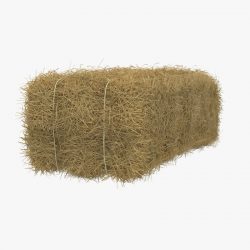
Fishing. It’s not for everybody! – From Bundy farm to trapped at sea for 20 days
Dreams of working on a fishing trawler as an alternative to farm work soon turned to a nightmare at sea for a French national. Jeremy, 28, had been working as a backpacker on Bundaberg farms when, after hearing positive accounts from fellow farm workers, he decided to take to the ocean. Backpackers must complete approximately three months of rural or regional work to qualify for a second-year visa and fishing work can qualify towards that. Through word of mouth, Jeremy got a phone call from a trawler captain. >click to read<12:01
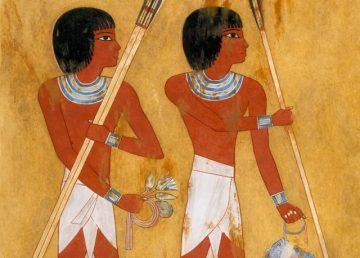
Fishing – what’s changed?
When Europe was inhabited by tribes of intelligent savages, fishing was one of the main sources of food. The associated seamanship and boat-building enabled the development of marine navigation and other sea trades. One of the oldest fishing centres called Sidon, which according to scholars of Semitic languages means ‘The Fishery,’ was populated by Phoenicians, who with their genius for navigation and commerce, specialised in trade in dried and salted fish and in collection of certain mollusks, of which they prepared the Tyrian purple that for the richness variety and stability of its hues, was prized higher than any other ancient dye. >click to read< 19:49
Middleboro-Lakeville Herring Fishery Commission considers reopening local herring runs to fishing
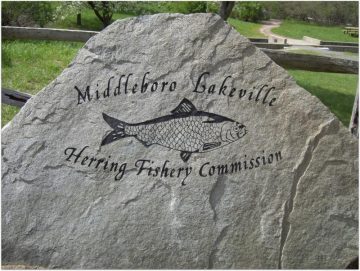 MIDDLEBORO — Each spring for countless centuries, hundreds of thousands of herring have made an arduous journey from Mount Hope Bay, upstream along the Taunton and Nemasket Rivers, to reach their traditional spawning grounds in the Assawompsett Ponds Complex in Lakeville. For thousands of years, too, people living in these parts depended on the abundant alewife fishery as an important source of food and income.,, These days, a joint Middleboro-Lakeville Herring Fishery Commission supervises the local herring runs, closed to fishing since 2006, when a sharp decline in herring populations prompted a statewide ban on fishing. Now that the fishery has rebounded to respectable numbers, the two towns are considering re-opening the local herring runs, possibly as early as the 2018 spring migration. The move would help revive a tradition that has been ongoing – and well regulated – since the 1700s. click here to read the story 18:01
MIDDLEBORO — Each spring for countless centuries, hundreds of thousands of herring have made an arduous journey from Mount Hope Bay, upstream along the Taunton and Nemasket Rivers, to reach their traditional spawning grounds in the Assawompsett Ponds Complex in Lakeville. For thousands of years, too, people living in these parts depended on the abundant alewife fishery as an important source of food and income.,, These days, a joint Middleboro-Lakeville Herring Fishery Commission supervises the local herring runs, closed to fishing since 2006, when a sharp decline in herring populations prompted a statewide ban on fishing. Now that the fishery has rebounded to respectable numbers, the two towns are considering re-opening the local herring runs, possibly as early as the 2018 spring migration. The move would help revive a tradition that has been ongoing – and well regulated – since the 1700s. click here to read the story 18:01
Two Vessels suspected of catching too many Monk fish are under investigation
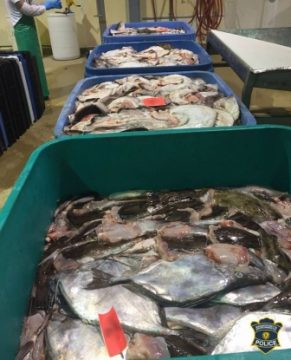 From the Massachusetts Environmental Police: On Wednesday, March 29, 2017, a Massachusetts Environmental Police Officer was on patrol in Saquatucket Harbor, an area that has recently received several fisheries complaints regarding vessels offloading catch that exceed the legal limit. While on patrol, the officer observed two vessels offloading monkfish. The Officer subsequently approached the vessel Captains and began the process of conducting an inspection of the catch offload. The inspection resulted in each vessel offloading catch over the legal limit; Vessel 1 was 1293 pounds over, Vessel 2 was 977 pounds over. The case has been turned over to the National Marine Fisheries Service for further investigation. The Massachusetts Environmental Police remain committed to providing quality and professional enforcement of conservation laws. Link 08:09
From the Massachusetts Environmental Police: On Wednesday, March 29, 2017, a Massachusetts Environmental Police Officer was on patrol in Saquatucket Harbor, an area that has recently received several fisheries complaints regarding vessels offloading catch that exceed the legal limit. While on patrol, the officer observed two vessels offloading monkfish. The Officer subsequently approached the vessel Captains and began the process of conducting an inspection of the catch offload. The inspection resulted in each vessel offloading catch over the legal limit; Vessel 1 was 1293 pounds over, Vessel 2 was 977 pounds over. The case has been turned over to the National Marine Fisheries Service for further investigation. The Massachusetts Environmental Police remain committed to providing quality and professional enforcement of conservation laws. Link 08:09
What Hunters and Anglers Should Know Before They Vote
 Americans who enjoy fishing, hunting, and other wilderness sports should be aware of a number of important issues before stepping into the voting booth in November. Despite objections from many prominent Hawaiians and a federal regional fishing council, President Barack Obama recently quadrupled the size of the Papahanaumokuakea Marine National Monument (PMNM), first created by President George W. Bush in 2006. Obama used his executive authority under the Antiquities Act of 1906 to extend the marine reserve’s boundaries, banning fishing and mining in the 200-mile exclusive economic zone surrounding the reserve, which covers much of the northwestern islands of Hawaii and their surrounding waters. Obama’s actions were motivated by a desire to attain as much authority as possible for the federal government and to enhance the power and influence of his radical environmental constituency before leaving office. One of the candidates in the 2016 race, Hillary Clinton, has promised to double down on Obama’s environmental policies. Americans concerned about property rights, hunting, fishing, and states’ rights should make their voices heard about these failed policies. Read the opinion piece here 07:59
Americans who enjoy fishing, hunting, and other wilderness sports should be aware of a number of important issues before stepping into the voting booth in November. Despite objections from many prominent Hawaiians and a federal regional fishing council, President Barack Obama recently quadrupled the size of the Papahanaumokuakea Marine National Monument (PMNM), first created by President George W. Bush in 2006. Obama used his executive authority under the Antiquities Act of 1906 to extend the marine reserve’s boundaries, banning fishing and mining in the 200-mile exclusive economic zone surrounding the reserve, which covers much of the northwestern islands of Hawaii and their surrounding waters. Obama’s actions were motivated by a desire to attain as much authority as possible for the federal government and to enhance the power and influence of his radical environmental constituency before leaving office. One of the candidates in the 2016 race, Hillary Clinton, has promised to double down on Obama’s environmental policies. Americans concerned about property rights, hunting, fishing, and states’ rights should make their voices heard about these failed policies. Read the opinion piece here 07:59
“I’ve been commercial fishing since I was a kid,” – Pass Christian man says tonging, fishing, shrimping a family tradition
 Work doesn’t really feel like work for Adam Toler, for he spends six days a week surrounded by the Mississippi Sound. He and his small crew leave the Pass Christian Harbor around sunrise each morning and return in the early afternoon with sacks of oysters to sell to seafood dealers as soon as they hit the harbor launch again. The South Mississippi seafood industry is a tradition for Toler’s family. Read the rest here 13:41
Work doesn’t really feel like work for Adam Toler, for he spends six days a week surrounded by the Mississippi Sound. He and his small crew leave the Pass Christian Harbor around sunrise each morning and return in the early afternoon with sacks of oysters to sell to seafood dealers as soon as they hit the harbor launch again. The South Mississippi seafood industry is a tradition for Toler’s family. Read the rest here 13:41
View from Out West: Fishing for a new outlook — Hauling in experience in a different fishery
Every intensive public fishery in Southcentral Alaska contains some elements of the circus. There is the center attraction, usually sans ringmaster. There are also families and clowns and wild-animal acts, plus crowded parking and games, prizes and refreshments — and an unfortunate cleanup crew. In 1980, I first experienced the elbow-to-elbow sockeye slamfest on the Russian River. <Read more here> 14:09
Fishing, energy interests spar over possible LI wind farm lease – BOEM Sweet Talks Before Ramming It In!
 Tensions between ocean fishing interests and offshore-wind-energy planners were evident at a meeting in Montauk Tuesday as federal regulators set the stage for leasing hundreds of miles of the Atlantic for wind farms. Read more here newsday 07:48
Tensions between ocean fishing interests and offshore-wind-energy planners were evident at a meeting in Montauk Tuesday as federal regulators set the stage for leasing hundreds of miles of the Atlantic for wind farms. Read more here newsday 07:48
The Ringer – A True Story of the National Marine Fisheries Service Observer Program
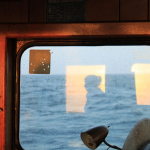 Origional post Sun Aug 21, 2011 by jj
Origional post Sun Aug 21, 2011 by jj
The Ringer A True Story of the National Marine Fisheries Service Observer Program
The National Marine Fishery Service observer program sends many recent graduates of marine biology programs out on fishing vessels to collect data for fisheries science and to observe fishing activity and how it affects the environment and wildlife. In stories about fishing you often hear of the efforts of sea captains and their brave crews and never a word about the observer who accepts and takes many of the same risks as anyone who signs on as a crew member in the world’s most dangerous job.
Call her M. as anonymity is a requirement of this story. She came aboard like every other observer with a stack of baskets and fish measuring stuff for her work during the voyage. She was in her early twenties. In a baggy sweatshirt pulled over a slender frame with hair pulled back in a pony tail she looked like just another fresh faced college kid ready to do her part for the cause of fish science. At first she kept to herself but since we weren’t going to take any fish on board the Osprey at that time of year it isn’t a very demanding job for an observer. I think this whole story happened because she got bored.
My crewmate C.D. is a cribbage player with a long history of wins over fellow crew members and captains. We had been having a series of very competitive games and while there was no clear victor I would give him a slight advantage over me in both number of wins and quality of play. He is very proud of his game and ability to play and brags on himself a little at times,,,,,,,,,,,Read More






